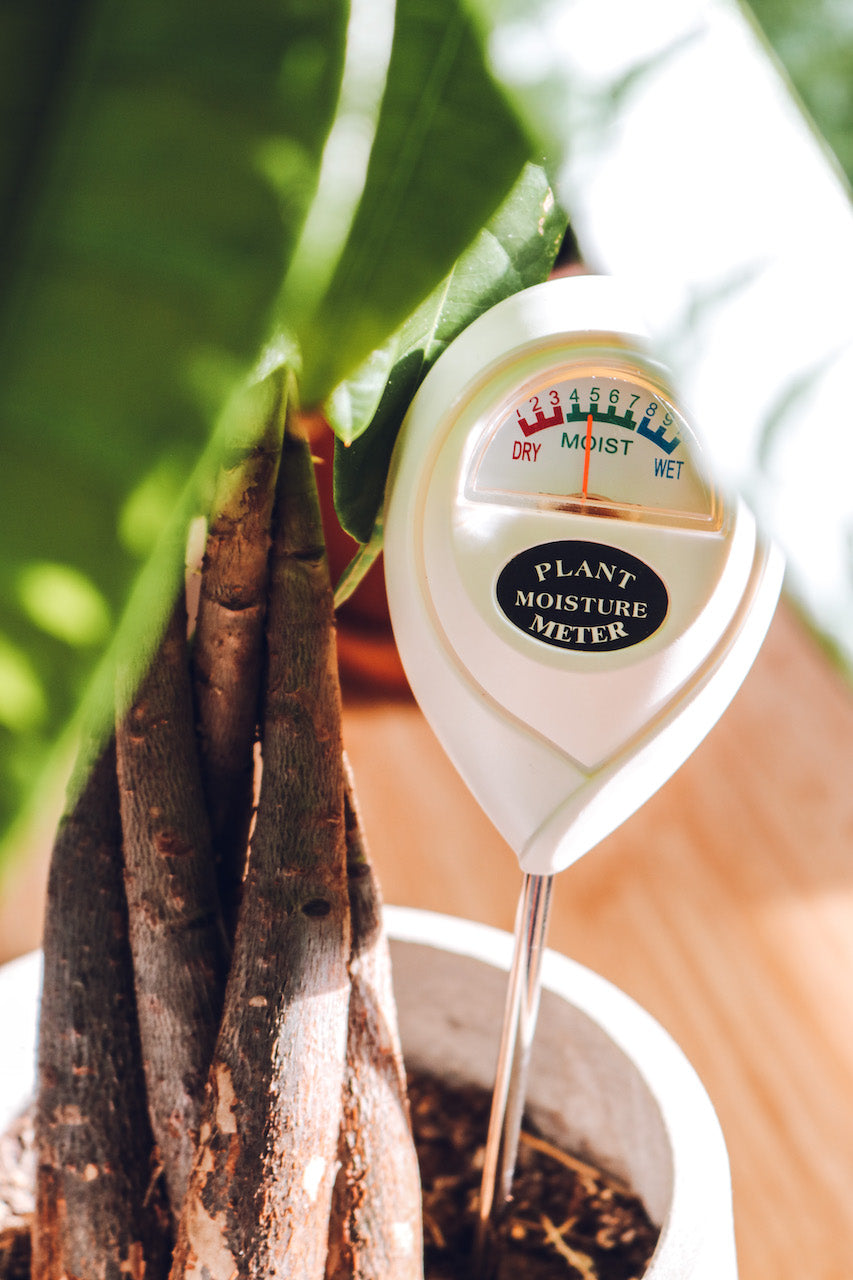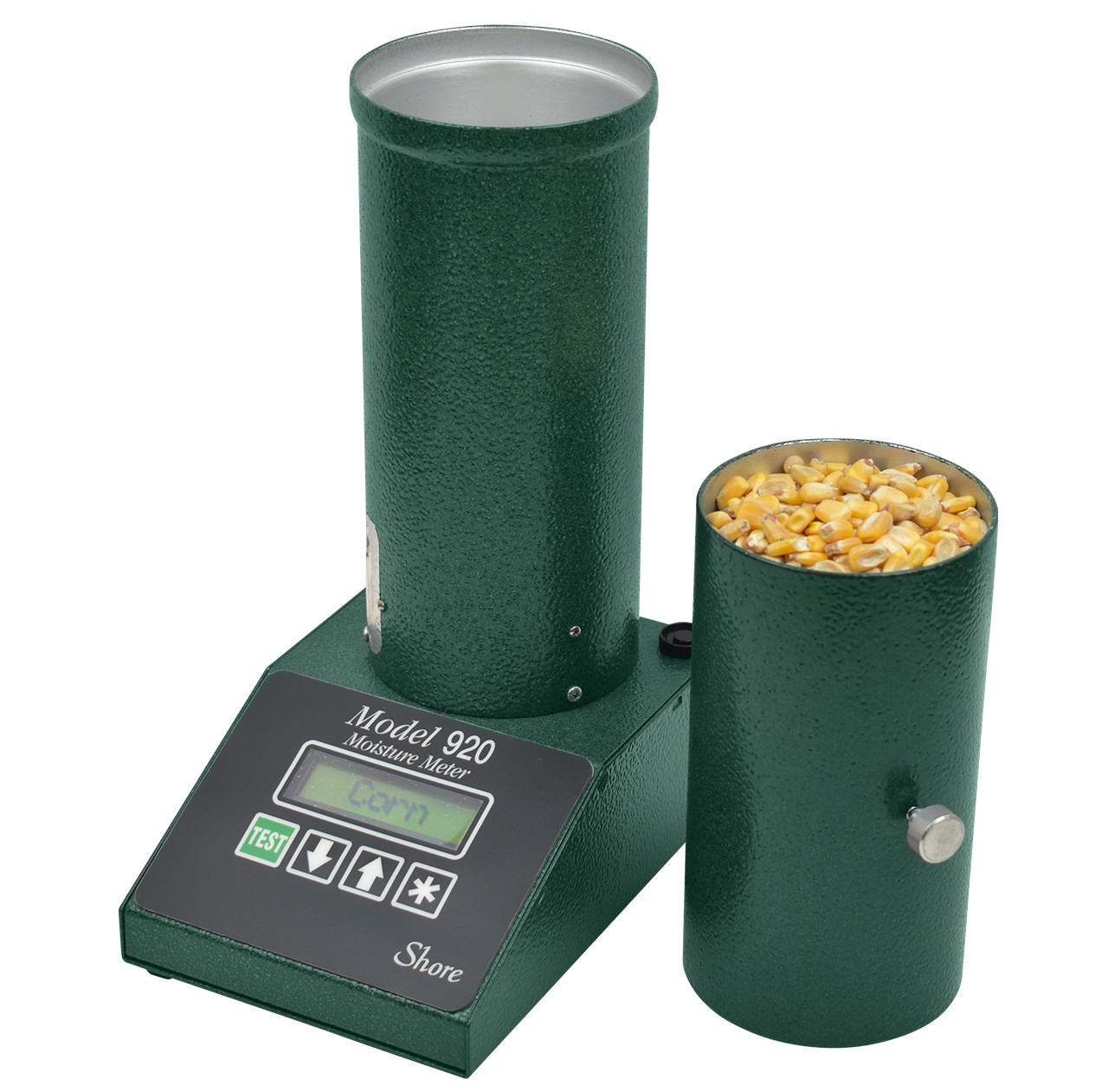The Ultimate Overview to Wetness Meters: A Comprehensive Review and Just How They Can Conserve You Money
In the world of structure maintenance, construction, and different markets, the significance of properly determining wetness degrees can not be overstated. Dampness meters work as important tools in detecting and checking moisture material in products, aiding in stopping expensive damages and making sure the high quality of products. Comprehending the subtleties of different types of dampness meters, their applications, and the possible cost-saving advantages they offer can be a game-changer for services and experts alike. Uncovering just how these tools can not just streamline processes yet also add to financial cost savings is a journey worth starting.
Sorts Of Dampness Meters
Different kinds of dampness meters are available for various applications in different sectors. One usual type is the pin-type wetness meter, which measures the electrical resistance in between two pins placed right into a material. This kind appropriates for timber, drywall, and other structure materials. Pinless moisture meters, on the various other hand, use electromagnetic sensor plates to scan a bigger area without triggering damage to the material's surface area. Moisture Meter. These meters are perfect for quickly examining wetness levels in big areas such as floors and wall surfaces.

Infrared dampness meters measure the thermal properties of a product to determine its wetness web content non-invasively, making them helpful for applications where pin or pinless meters might not be suitable. Comprehending the different kinds of dampness meters available can assist sectors choose the most suitable device for their specific wetness dimension demands.

Benefits of Making Use Of Dampness Meters
Wetness meters use important advantages in accurately checking and assessing moisture degrees in varied materials and environments. One of the primary advantages of utilizing wetness meters is the prevention of potential damages triggered by excess wetness.
Additionally, using dampness meters can bring about boosted energy efficiency. By recognizing locations with high moisture degrees, such as leaks or poor insulation, adjustments can be made to enhance energy conservation and minimize energy prices. In farming setups, moisture meters play an important role in maximizing crop yields by making it possible for farmers to check dirt dampness levels and make informed irrigation decisions. In general, the advantages of utilizing wetness meters span throughout various industries, offering affordable solutions and promoting far better top quality control techniques.
How to Select the Right Dampness Meter
When selecting a moisture meter, it's vital to guarantee that the meter is suitable for the specific product you will be testing. Various products have varying electric residential or commercial properties that can affect dampness analyses, so picking a meter created for your material is important for accurate outcomes. By very carefully reviewing these factors, Discover More Here you can choose a dampness meter that satisfies your needs and supplies exact wetness dimensions for your jobs.
Appropriate Techniques for Dampness Meter Usage

Price Savings With Dampness Meter Applications
Just how can the critical application of dampness meters cause considerable expense savings across various industries? Dampness meters play a crucial duty in price savings by avoiding potential damages and making certain quality assurance in various industries. In the agriculture sector, wetness meters aid in identifying the optimal time for gathering plants, avoiding excess or over-drying wetness that can influence the end product's quality. This exact surveillance assists farmers avoid unneeded losses and optimize their return.
Likewise, in construction, wetness meters help protect against pricey damages by spotting dampness levels in building products, such as wood or concrete, which can cause architectural issues otherwise resolved quickly. By recognizing problem locations early on, specialists can take rehabilitative procedures to stay clear of comprehensive fixings or replacements, eventually conserving time and money.
Additionally, in try this site the food handling industry, wetness meters are crucial for keeping track of item top quality and ensuring compliance with security policies. By properly measuring moisture material in food, suppliers can prevent putridity, preserve quality, and decrease waste, resulting in considerable cost savings. In general, the calculated application of moisture meters is an important investment that can cause considerable expense decreases and enhanced effectiveness across different markets.
Verdict
To conclude, dampness meters are beneficial devices for measuring and detecting dampness degrees in numerous products. By using the best moisture meter and following proper strategies, individuals can properly protect against expensive damages brought on by excess moisture. Buying a top quality wetness meter can result in considerable cost financial savings in the future by determining prospective issues beforehand and making it possible for timely remediation. Inevitably, moisture meters are crucial instruments for keeping the honesty and durability of structures and materials.
Dampness meters serve as important devices in finding and keeping an eye on moisture content in products, helping in preventing pricey damages and making sure the quality of products. Infrared dampness meters measure the thermal residential or commercial properties of a product to establish its moisture material non-invasively, making them useful for applications where pin or pinless meters might not this content be suitable.Wetness meters supply important benefits in precisely assessing and keeping an eye on wetness degrees in varied products and environments. In agricultural settings, dampness meters play a crucial role in enhancing plant returns by making it possible for farmers to keep an eye on dirt wetness levels and make notified watering choices.In conclusion, moisture meters are important devices for discovering and gauging wetness levels in different materials.